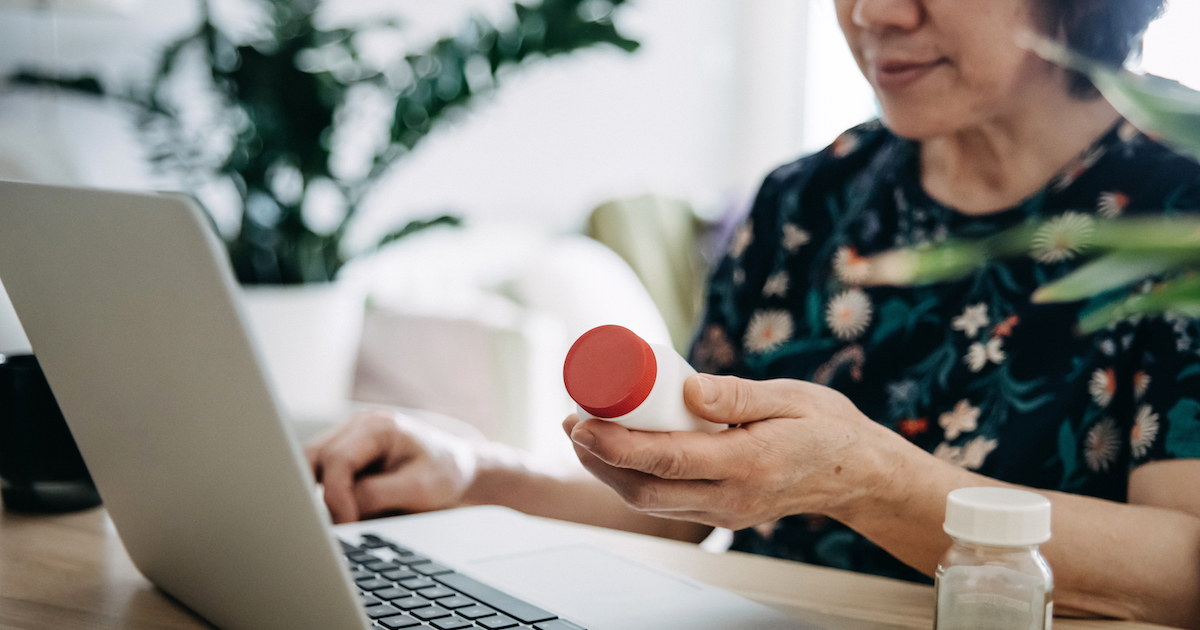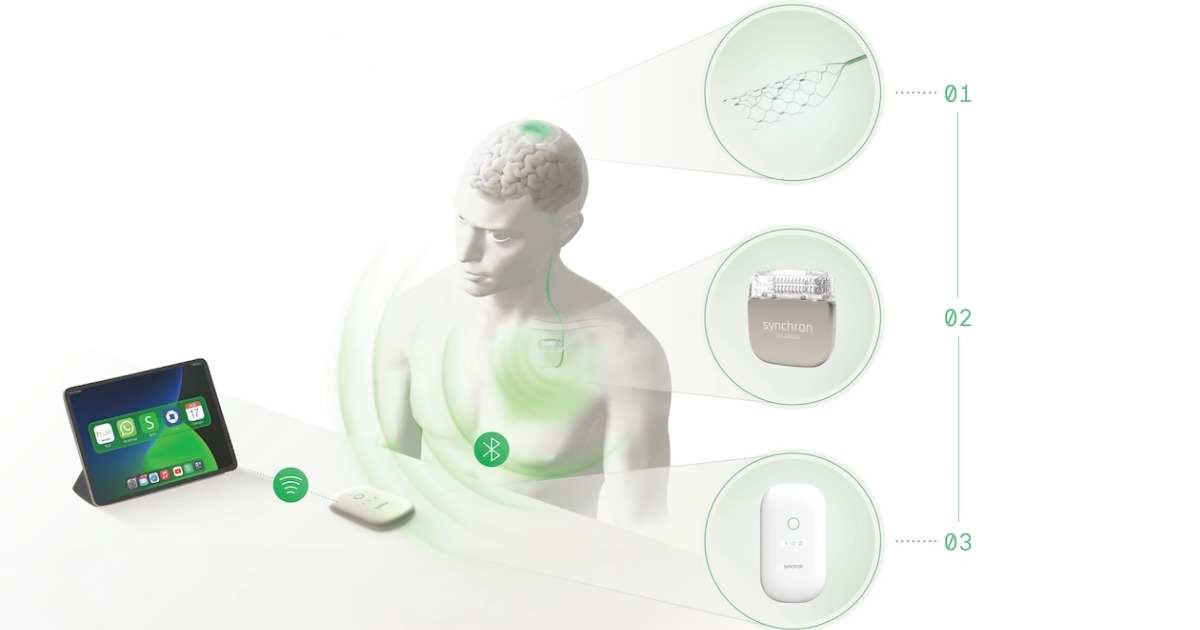The "I've fallen and I can't get up" crowd is finally getting into mHealth.
Leading the way is Numera, a Seattle-based company that started out three years ago with the Libris mobile personal emergency response (mPERS) product. The company is now launching Libris+ to marry its mPERS device to a telehealth platform, and Numera Team Care, which enables members of the user's care team – ranging from physicians to family members – to log in, view collected data and intervene in the case of an emergency.
Matt Campbell, Numera's senior vice president for business development, told mHealth News the time is right for the company to take on telehealth. Not only are healthcare providers finding more reimbursement opportunities for home-based monitoring, they're facing penalties for hospital readmissions often tied to events at home that could be avoided through mHealth monitoring. With that in mind, he said, it's a no-brainer to expand the company's offerings.
That platform now includes more sophisticated accelerometers and gyroscopes built into the device to better determine a user's activities and movement, and Bluetooth links to a wide variety of devices, ranging from weight scales to blood glucose meters. And as in the past, the device includes an instant voice communications link.
Company officials have a raft of statistics to prove their point. Among them:
- As of 2012, 117 million Americans, or about half of the nation's adult population, have at least one chronic health condition, with 25 percent having more than one;
- The average healthcare bill for someone with a chronic condition is five times higher than that of someone who has no chronic issues.
- Chronic disease care consumes about $3 or every $4 spent on healthcare, averaging out to $7,900 per person.
Campbell said the new capabilities open Numera to a number of new markets, including chronic care management, managed care organizations and healthcare providers. He's even seeing interest from entities that deploy lone workers in the field, such as energy companies and surveyors.
"In some cases, it's turned into a concierge service – and that's not a bad thing," he added, noting that the Libris' "true sign of stickiness" came when it was used to order pizza or report lost keys. "It offers a sense of security."
Campbell also expects Libris+, especially the Team Care app, to be integrated into electronic health records platforms as healthcare providers work to incorporate home-based monitoring solutions to their post-discharge programs.
Campbell was quick to point out that Numera isn't abandoning its core senior market, which, incidentally, is growing and certainly in need of home-based telehealth solutions. The Libris+ device, he said, is small enough to be worn as a pendant or clipped onto a belt, and now can detect not only movement but a body's position, making it easier for a care coordinator to determine if a senior has fallen.
That's a big market as well. According to company officials, some 20 percent to 30 percent of the nation's seniors experienced a fall in 2012, with resulting medical costs amounting to approximately $30 billion.


